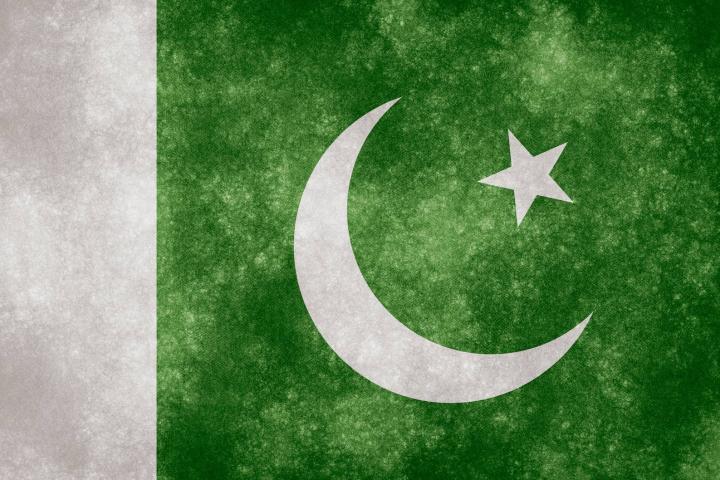Washington, D.C. (February 17, 2017) — The Hindu American Foundation (HAF) condemned yesterday’s tragic attack at the shrine of Sufi saint Lal Shahbaz Qalandar in Sindh, Pakistan. The suicide bomb attack has thus far taken the lives of 88 people and injured at least 345, as the suicide bomber specifically targeted and blew himself up at an area of the popular shrine where women and children traditionally gathered. Following the incident, the Islamic State claimed responsibility for the attack.
This latest bombing comes on the heels of another attack by an Islamist group affiliated with the Pakistani Taliban in Lahore on Monday that killed 13 people in a busy market area. Media reports have indicated that Pakistan’s armed forces are undergoing major operations targeting Islamist militants, killing almost forty since the shrine attack.
Hindus of Pakistan, and Sindh particularly, have historically revered Lal Shahbaz Qalandar as a manifestation of the Hindu Sindhi patron saint Jhulelal. While contemporary Hindu authorities and historians have debated certain accounts of the life of Lal Shahbaz Qalandar, the shrine is frequented nonetheless by millions annually from all religious communities of Pakistan.
HAF leaders indicated that their contacts in Pakistan were extremely concerned by the loss of life and the attack’s impact on the Hindu minority (estimated as high as 8 million by Pakistani Hindu groups), the majority of which resides in Sindh.
“As Pakistani Hindu citizens, we strongly condemn the suicide attack at the shrine of Sufi saint Lal Shahbaz Qalandar in which 88 people and counting have perished, including women and children,” said Sanjesh Dhanja, Founder and President of Pakistan Hindu Seva Welfare Trust, based in Karachi, Sindh. “We continue to demand that Pakistan’s government take serious actions to ban terrorist organizations and prevent them from perpetrating such attacks. We request [the] government to provide adequate security personnel at all large shrines, churches, mosques, temples and gurudwaras in every city, township, and province. Furthermore, we have urged the government to hire more law enforcement officers from minority religious and ethnic communities as they are most invested in securing their localities.”
Home to a traditionally tolerant and peaceful society, Sindh has witnessed a dramatic escalation in Islamic extremism in recent years, pervading all levels of government, civil society, and the public sphere. The deteriorating conditions have allowed Islamist groups to abduct, convert, and forcibly marry young Hindu women and girls to their Muslim captors with impunity.
HAF led a coalition letter to Sindh Chief Minister Syed Murad Ali Shah last month urging the provincial government to rescind its withdrawal of the historic Forced Conversions of Minorities bill, that would have criminalized forced conversions. Pakistan Peoples Party chairman Asif Ali Zardari capitulated to the demands of Jamaat-i-Islami, a leading Islamist party, in what was seen as an effort to fend off electoral challenges in the upcoming Sindh elections.
“If this attack doesn’t serve as a wake up call to Pakistani officials that they cannot continue to kowtow to the demands of Islamist groups at the expense of genuine democratic and progressive reforms, then I don’t know what will,” said Jay Kansara, Director of Government Relations. “National and provincial Pakistani officials cannot expect to confront violent terrorist attacks against innocent civilians when they continue to perpetuate a state policy that distinguishes between ‘Good Jihadis and Bad Jihadis’.”






































